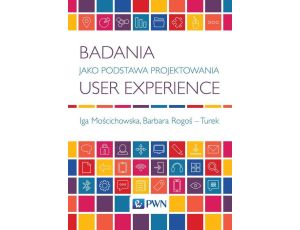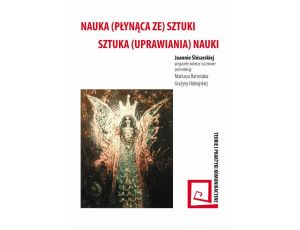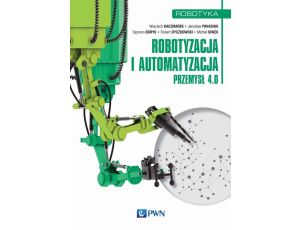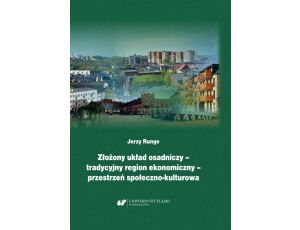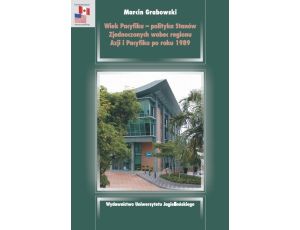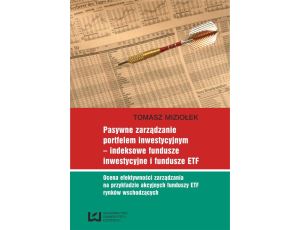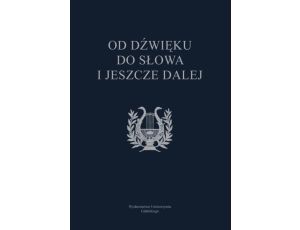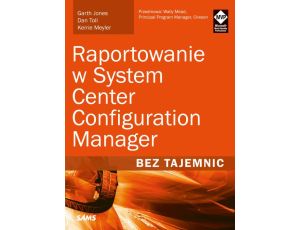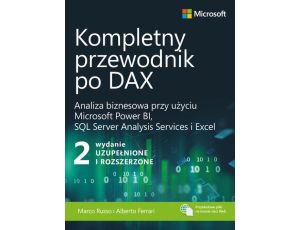Opis produktu
Opinie
Spis treści
Głównym problemem rozważanym w książce jest doświadczanie czasu zdeponowanego w pamięci kultury – w jej tekstach, przed-tekstach i „pozatekstach”, zgromadzonych w archiwach. Pamięci towarzyszy, także w skali kulturowej, zapominanie. Oba te integralnie połączone ze sobą procesy decydują zarówno o aktualności przeszłej wiedzy, jak i o jej wypadaniu z dominujących aktualnie obiegów, a niekiedy o nieoczekiwanych powrotach. Kolejne rozdziały książki, poświęcone „starowatorom” literaturoznawstwa XX stulecia (przede wszystkim Michaiłowi M. Bachtinowi, Romanowi Ingardenowi i Romanowi Jakobsonowi), podejmują pytania o obecność i ważność ich dokonań dzisiaj. Odzyskiwaniu czasu przeszłego dokonanego i przekształcaniu go w czas przeszły niedokonany służą także analizy niezwykłego fenomenu w skali środkowo- i wschodnioeuropejskiej: studenckich kół naukowych, w których rodziło się nowoczesne literaturoznawstwo. Takim fenomenem są także zrodzone w pierwszych dekadach XX wieku literaturoznawcze terminy, których cyrkulowanie w światowym obiegu, przenikanie do dyscyplin ościennych, przesunięcia znaczeniowe (a nawet nazwowe) pozwalają prześledzić nie tylko zmienne koleje badań literackich, ale także postawić pytanie o ich tożsamość. Ta, choć wydaje się nader rozchwiana, jak wynika ze studiów obejmujących całe stulecie, okazuje się zastanawiająco stabilna.
******
Experiencing Time in the Archives
The main problem discussed in the book is the experience of time deposited in the memory of culture – its texts, pre-texts and “beyond-texts” collected in archives. Memory is accompanied – also on a cultural scale – by forgetting. Both of these integrally connected processes determine the topicality of past knowledge and its falling out of the currently dominant circuits, and sometimes unexpected returns. The subsequent chapters of the book, devoted to “oldvators” of literary criticism (mainly Mikhail Bakhtin, Roman Ingarden and Roman Jakobson), ask about their presence and the importance of their achievements today. The analyses of this unusual phenomenon on the Central and Eastern European scale – student scientific circles in which modern literary studies were born – serve to recover past perfect and transform it into past imperfect. Such a phenomenon are also literary terms born in the first decades of the 20th century, whose circulation in the world, penetration into the neighboring disciplines, semantic (and even name) shifts allow to trace not only the changing story of literary research, but also to ask a question about its identity. This identity, although seemingly unstable, as shown by studies spanning the entire century, appears to be surprisingly steady.
******
Experiencing Time in the Archives
The main problem discussed in the book is the experience of time deposited in the memory of culture – its texts, pre-texts and “beyond-texts” collected in archives. Memory is accompanied – also on a cultural scale – by forgetting. Both of these integrally connected processes determine the topicality of past knowledge and its falling out of the currently dominant circuits, and sometimes unexpected returns. The subsequent chapters of the book, devoted to “oldvators” of literary criticism (mainly Mikhail Bakhtin, Roman Ingarden and Roman Jakobson), ask about their presence and the importance of their achievements today. The analyses of this unusual phenomenon on the Central and Eastern European scale – student scientific circles in which modern literary studies were born – serve to recover past perfect and transform it into past imperfect. Such a phenomenon are also literary terms born in the first decades of the 20th century, whose circulation in the world, penetration into the neighboring disciplines, semantic (and even name) shifts allow to trace not only the changing story of literary research, but also to ask a question about its identity. This identity, although seemingly unstable, as shown by studies spanning the entire century, appears to be surprisingly steady.
Cechy
| Rodzaj: | e-book |
| Format pliku: |
|
| Autor: | Danuta Ulicka |
| Język publikacji: | polski |
| Rok wydania: | 2024 |
| Liczba stron: | 616 |
| Miejscowość: | Warszawa |
| Serie: | Parabaza |
